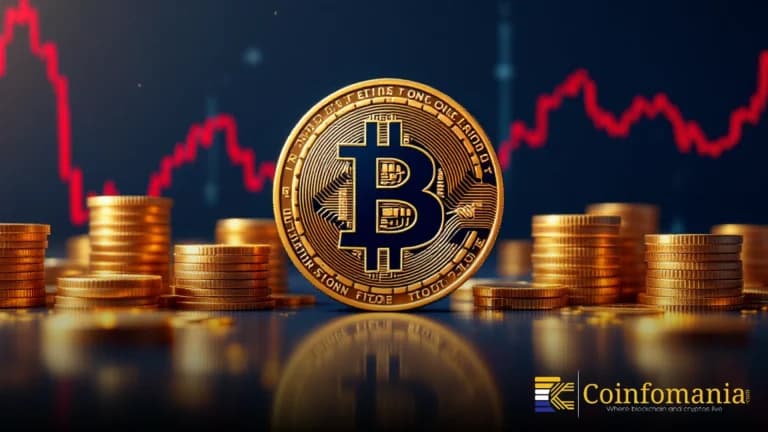Trump’s Most Favored Nation Policy May Increase European Drug Prices
Dive into how Donald Trump’s policies on drug pricing may cause European medicine costs to rise, impacting healthcare budgets across the region.

Quick Take
Summary is AI generated, newsroom reviewed.
Trump’s Most Favored Nation policy pressures drugmakers to raise European drug prices to match U.S. levels.
European countries resist price hikes due to strict national pricing controls and budget limits.
Policy challenges existing global drug pricing, risking shifts in medicine costs and access worldwide.
European countries may soon face higher medicine costs due to Donald Trump’s policies targeting U.S. drug pricing. On June 23, the Financial Times reported that Trump’s push to reduce U.S. drug prices might lead companies to raise EU drug prices. Trump’s administration is pressuring drugmakers to voluntarily cut prices for American consumers. This possibility has raised concerns that companies could shift financial pressure to Europe, potentially affecting medicine access and public healthcare budgets across the region.
Donald Trump’s policies tie U.S. Drug Prices to Global Benchmarks
Trump’s “Most Favoured Nation” (MFN) policy is at the center of this pricing debate. The MFN order, issued in May, links U.S. drug prices to the lowest price in other wealthy nations. It applies to countries with a GDP per capita of at least 60% of the U.S. level. This policy is already shaping ongoing pricing talks in the United Kingdom. Drugmakers are warning the NHS against accepting very low prices to avoid further U.S. pricing reductions.
Philip Sclafani, a partner at PwC, described the administration’s pricing goals. He said, “We think the ultimate goal is if the price in the US is $100, and in Europe it is $20, Trump wants Europe to come up to $80 or $90, and the US to come down to the same.” European health officials are likely to resist sharp increases due to budget limits. Dustin Benton of Forefront Advisors said, “If Europeans pay more for drugs, then Americans can pay less.”
Pharmaceutical Industry Faces Pressure on International Pricing Models
The MFN rule also challenges long-standing global pricing models in the pharmaceutical industry. U.S. drug prices are, on average, 2.3 times higher than in 32 other OECD countries. This figure comes from a Rand Corporation study commissioned by the U.S. health department. Richard Torbett, CEO of the Association of the British Pharmaceutical Industry, also commented. He said, “It’s a validation of what we have been saying for a long time.” Still, many industry players worry about the effect of sudden international price shifts.
European Countries Maintain Strict Controls on EU Drug Prices
Many European countries use strict national pricing systems that limit sudden changes. In the UK, a clawback system controls spending on branded medicine and includes value assessments. Germany and Denmark also evaluate drug benefits and adjust prices accordingly. Jakub Dvořáček, Czech Deputy Health Minister, warned, “The US is trying to replicate a system of reference pricing across EU member states — which may sound easy, but is actually very complicated.” These regulatory systems could delay or block expected price hikes in Europe.
TikTok Denies Allegations of Trump Crypto Purchase Amid Scrutiny
Meanwhile, another controversy linked to Donald Trump’s policies has gained attention in Washington. Congressman Brad Sherman claimed ByteDance, the owner of TikTok, purchased $300 million of Trump cryptocurrency, known as TRUMP coin. Sherman suggested the move was an attempt to gain political favor in the U.S. TikTok rejected the allegation, calling it “baseless and irresponsible” in a public statement on X. The crypto issue adds a separate layer of scrutiny to the former president’s global connections and influence.
Follow us on Google News
Get the latest crypto insights and updates.
Related Posts

Bitcoin Hashrate Falls Sharply as US Winter Storm Forces Mining Shutdowns
Vandit Grover
Author

Bitcoin Sudden Drop Sends Shockwaves Through the Crypto Market
Vandit Grover
Author

Hong Kong Regulator to Issue First Stablecoin Licences in March
Shweta Chakrawarty
Author